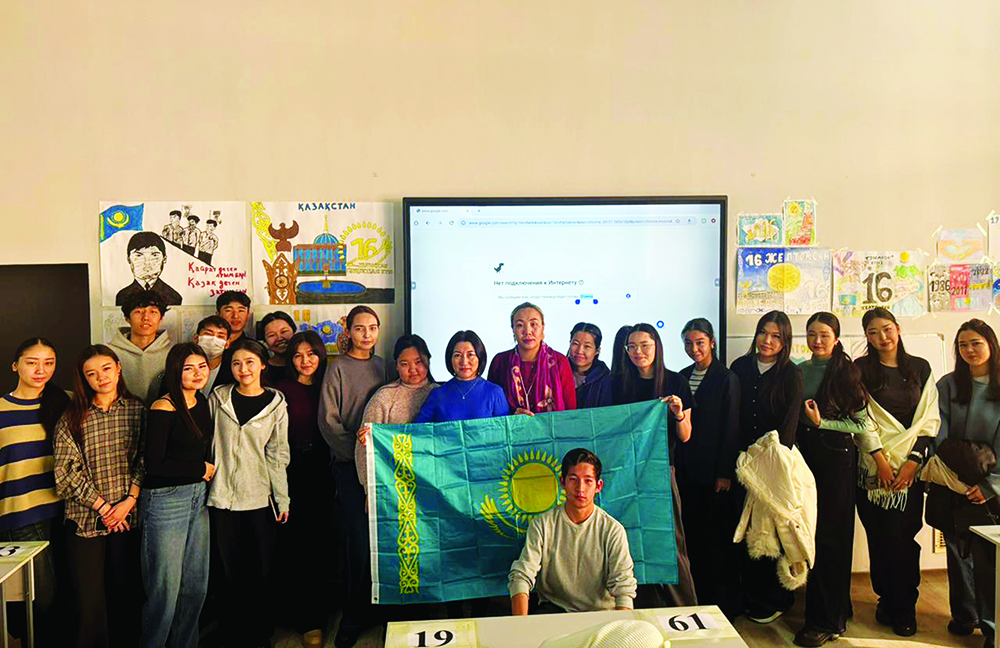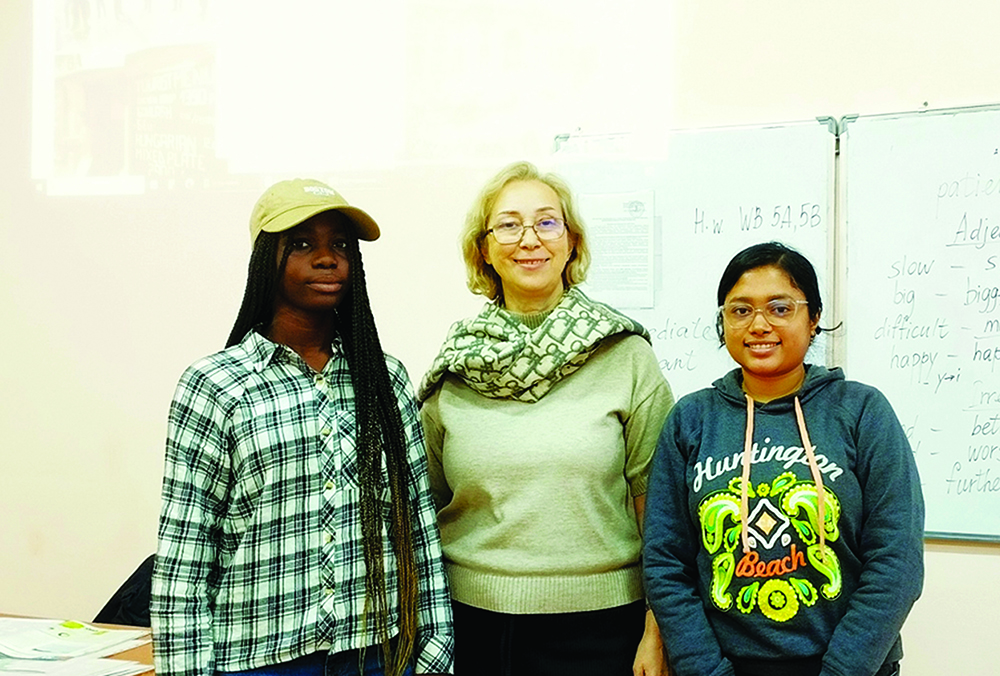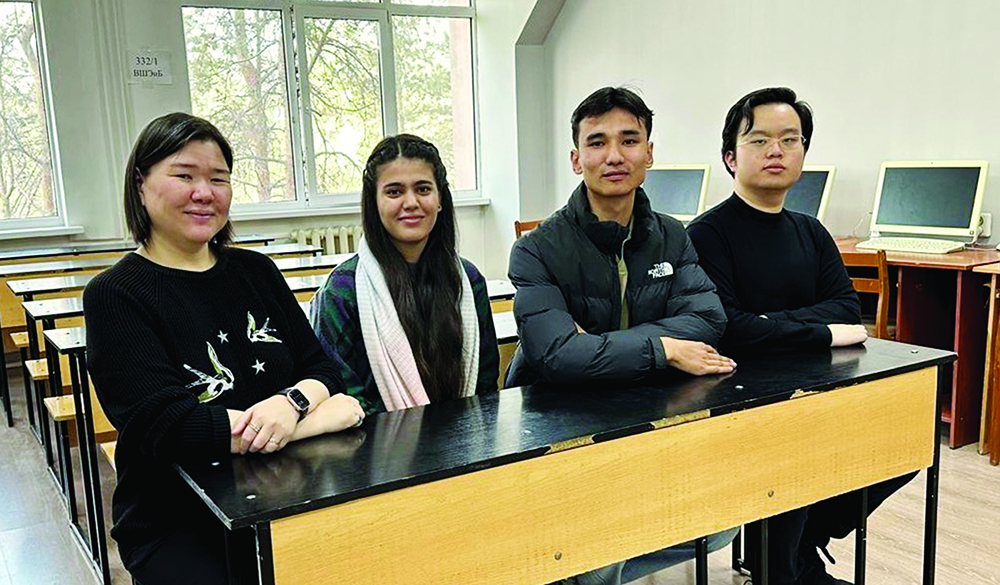- Main
- News
- Strategic Partnership Defined Between KazNU’s Department of Meteorology and Hydrology and RSE "Kazaeronavigatsia" in the Context of Sustainable Development Goals
Strategic Partnership Defined Between KazNU’s Department of Meteorology and Hydrology and RSE "Kazaeronavigatsia" in the Context of Sustainable Development Goals
On June 10, 2025, a working meeting was held between the Department of Meteorology and Hydrology at Al-Farabi Kazakh National University and representatives of RSE “Kazaeronavigatsia” as part of efforts to strengthen academic and professional collaboration with leading industry organizations.
The outcome of the meeting was the definition of long-term cooperation priorities aligned with the United Nations Sustainable Development Goals (SDGs), including:
- SDG 4 – Quality Education
- SDG 9 – Industry, Innovation, and Infrastructure
- SDG 13 – Climate Action
- SDG 17 – Partnerships for the Goals
The main objective of the collaboration is to establish a solid and sustainable platform for training professionals in aviation meteorology, developing applied research capacity, and integrating higher education with real-world production challenges.
Key areas of cooperation include:
🔹Educational cooperation – Signing of a formal partnership agreement, implementation of guest lectures, seminars, and training sessions with industry experts to ensure alignment with modern technological and environmental demands.
🔹Practice and career orientation – Organization of academic, production, and pre-graduate internships at RSE "Kazaeronavigatsia", as well as professional excursions and open days. A mentorship program involving aviation meteorologists will also be launched.
🔹Scientific and research collaboration – Support for thesis and master's research projects, participation in scientific conferences, and co-authorship of publications in aviation meteorology and climate forecasting.
🔹Professional development and integration – Involvement of enterprise experts in student assessments, internships for academic staff, and joint events promoting the profession and its role in sustainable development.
These agreements lay the groundwork for training in-demand professionals, establishing applied research clusters, and positioning aviation meteorology as a critical component of both national infrastructure and climate resilience.
Other news


